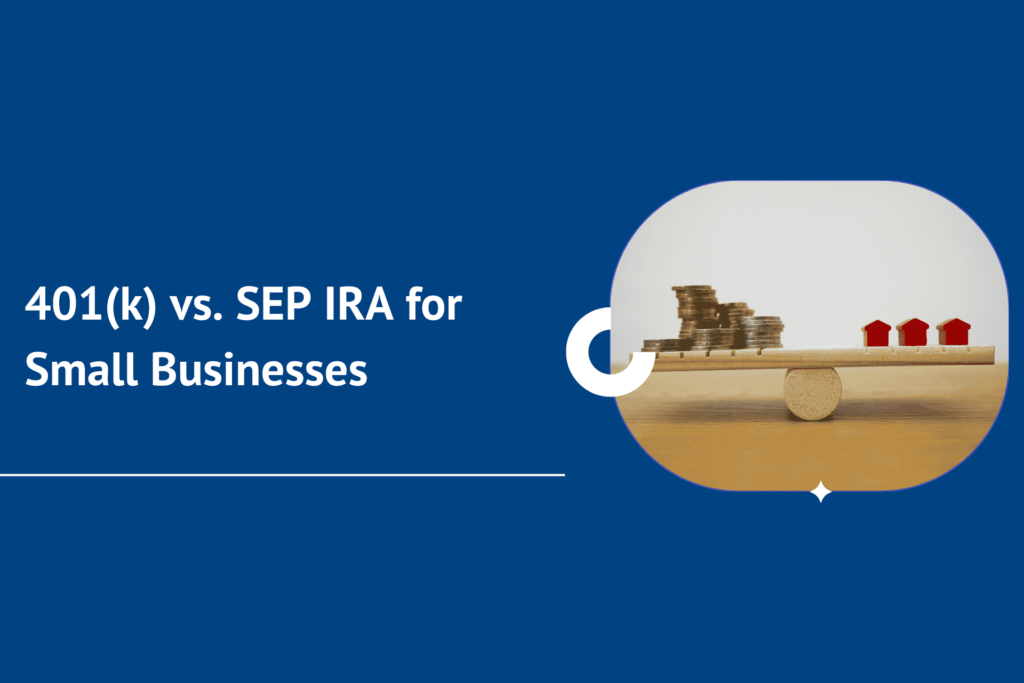Introduction: 401k Match Pros and Cons
A 401k plan is a retirement savings account sponsored by employers, allowing employees to save and invest a portion of their paycheck before taxes are taken out. One of the most appealing features of many 401k plans is the company match. This is where an employer contributes additional money to an employee’s 401k plan, typically matching a portion of the employee’s own contributions. Understanding the 401k Match Pros and Cons help you make informed decisions about your retirement savings.
Types of 401k Matching
A full match occurs when an employer matches the employee’s contribution dollar-for-dollar up to a certain percentage of the employee’s salary. For example, if an employer offers a 100% match up to 5% of salary, and the employee contributes 5%, the employer will also contribute 5%.
Partial Match
In a partial match, the employer matches a portion of the employee’s contribution, often 50 cents on the dollar, up to a certain percentage of the employee’s salary. For instance, if the employer offers a 50% match up to 6% of salary, an employee contributing 6% would receive an additional 3% from the employer.
Tiered Match
A tiered match involves different matching percentages at different contribution levels. For example, an employer might match 100% of the first 3% of salary contributed and 50% of the next 2% of salary contributed.
How 401k Matching Works
Contribution Limits
The IRS sets annual contribution limits for 401k plans. For 2024, the limit is $22,500, with an additional catch-up contribution of $7,500 for those aged 50 and over. Employers typically match contributions up to a certain percentage of the employee’s salary, subject to these limits.
Vesting Schedules
Vesting refers to the employee’s ownership of the employer’s contributions. Some companies require employees to stay with the company for a certain period before the matching contributions are fully vested. Vesting schedules can range from immediate vesting to several years.
Employer and Employee Contributions
Both the employer and employee can contribute to the 401k plan. The employer’s contribution is often seen as an added benefit, enhancing the employee’s overall compensation package.
Advantages of 401k Matching
Financial Benefits
Immediate Return on Investment: Employer matching is essentially free money. For every dollar you contribute, you receive additional funds from your employer, immediately increasing your retirement savings.
Tax Advantages: Contributions to a 401k plan are made with pre-tax dollars, reducing your taxable income for the year. Additionally, the employer’s contributions are not considered taxable income until you withdraw the funds in retirement.
Financial Benefits
Compounding Interest: The combined contributions of the employee and employer can grow significantly over time due to the power of compounding interest, which is the interest on both the initial principal and the accumulated interest.
Retirement Readiness: Employer matching can help employees build a more substantial retirement nest egg, making it easier to achieve financial security in retirement.
Employee Retention and Satisfaction
Incentive to Stay with the Company: Vesting schedules can encourage employees to stay with the company longer, reducing turnover and retaining talent.
Increased Employee Morale: Knowing that their employer is contributing to their retirement can boost employee morale and job satisfaction.
Disadvantages of 401k Matching
Vesting Periods
Delayed Access to Funds: If your employer’s contributions are subject to a vesting schedule, you may have to wait several years before you fully own the matched funds.
Conditions for Full Ownership: Employees who leave the company before they are fully vested may forfeit a portion of their employer’s contributions.
Market Risks
Investment Performance: The value of 401k investments can fluctuate with the stock market. Poor investment performance can reduce the value of both employee and employer contributions.
Economic Downturns: In times of economic downturn, the company might reduce or suspend its matching contributions, impacting employees’ retirement savings.
Calculate your Retirement Plans Today!
Calculate Now!Comparing 401k Matching with Other Retirement Plans
Traditional IRA
A Traditional IRA allows you to contribute pre-tax dollars to an individual retirement account. While it offers tax advantages similar to a 401(k), it does not include employer matching.
Roth IRA
Contributions to a Roth IRA are made with after-tax dollars, but withdrawals in retirement are tax-free. Like the Traditional IRA, it does not include employer matching.
Pension Plans
Pension plans are employer-sponsored retirement plans that provide a fixed monthly benefit in retirement. Unlike 401(k) plans, pension plans are funded primarily by the employer and do not depend on employee contributions.
Common Questions and Misconceptions
Is 401k matching free money?
Yes, in a sense, 401k matching is free money because it is an additional contribution from your employer that you do not need to repay.
Can you lose your 401k match?
You can lose part or all of your 401k match if you leave the company before the contributions are fully vested.
Maximizing Your 401k Match
Contribution Strategies: Aim to contribute at least enough to get the full employer match. This ensures you are taking full advantage of the benefit.
Understanding Your Plan: Familiarize yourself with the specific terms of your 401k plan, including the matching formula and vesting schedule.
Consulting a Financial Advisor: A financial advisor can help you create a retirement savings strategy that maximizes your 401k match and aligns with your overall financial goals.
Impact on Retirement Planning
Balancing 401k with Other Savings: While 401k plans are an important part of retirement savings, it is also important to diversify your investments and savings.
Projected Retirement Income: Consider how your 401k savings, including employer matches, will contribute to your overall retirement income and whether additional savings are needed.
SHARE THIS POST
Explore Social Security COLA 2025 Forecast with a 2.5% Increase
Explore the 2025 Social Security COLA forecast with a 2.5% increase. Learn how this adjustment affects retirees and the factors influencing this year’s forecast.
Social Security 62 vs 67 vs 70: The Ultimate Guide
Explore the best age to claim Social Security benefits—62, 67, or 70—with our comprehensive guide on maximizing your retirement income.
Cash Balance vs. Traditional Pension Plans in 2024
Cash Balance vs. Traditional Pension Plans in 2024. Discover key differences in predictability, portability, tax benefits, and contributions for retirement planning.
Maximizing Your Tax Savings with Cash Balance Pension Plans
Maximizing Your Tax Savings with Cash Balance Pension Plans When it comes to planning for retirement, maximizing tax savings is a smart move. One of


